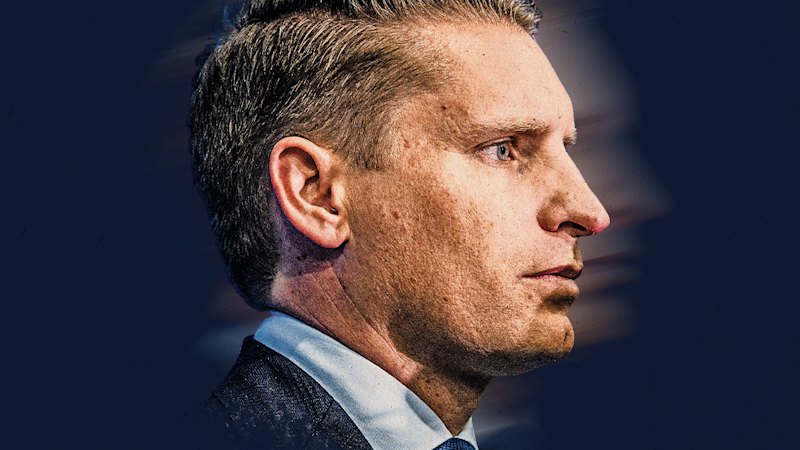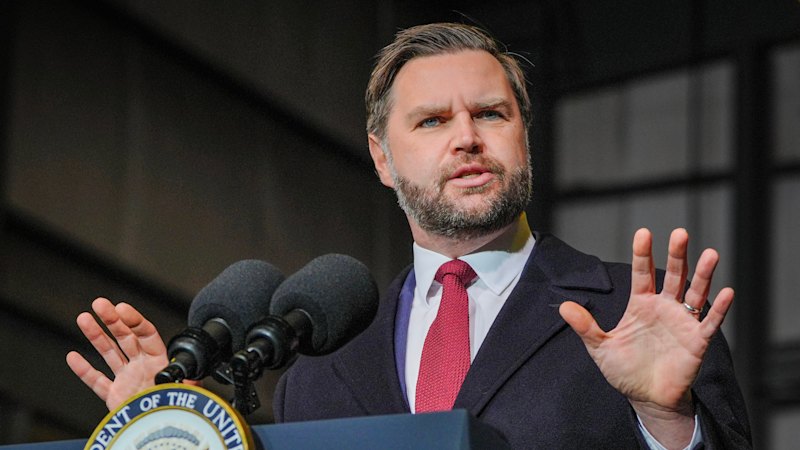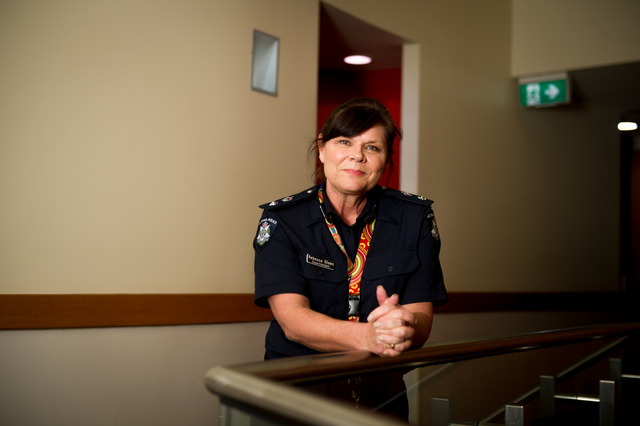
Andrew Hastie, a prominent figure within the Australian Liberal Party, has made headlines by resigning from his position as the opposition home affairs spokesman. His decision stems from frustrations over immigration policy, which he believes is critical to addressing the concerns of constituents. Hastie’s move is not just a personal choice but reflects broader trends in Western politics, where rising nativism influences party dynamics across the globe.
Hastie frequently references a quote from actor Benedict Cumberbatch in the film Brexit: The Uncivil War: “The train coming down the tracks isn’t the one that you expected.” This sentiment resonates with him as he observes the shifting political landscape. He sees parallels between the pro-Brexit sentiments in the UK and the rising populism in Australia, particularly as figures like Nigel Farage and Donald Trump gain traction.
The catalyst for Hastie’s resignation was a charter letter from Liberal Party leader Sussan Ley, which outlined his responsibilities but excluded him from developing immigration policy. This exclusion prompted Hastie to prioritize his principles over party loyalty, a decision he communicated to Ley early in the morning on a Friday.
Hastie’s resignation has sparked a mix of interpretations within political circles. Some view him as a “brat throwing a tantrum,” while others consider him a “schemer” positioning himself for future leadership. He has deliberately chosen to avoid any immediate leadership challenge, instead focusing on carving out a more conservative stance within the party.
While he respects Ley’s leadership, Hastie is preparing to make “calibrated and principled” statements on issues he deems important, particularly immigration. He aims to shift the party’s position further to the right, creating space for his views while competing with colleagues like Angus Taylor, the opposition defence spokesman, who must adhere to cabinet solidarity.
The political context is challenging for the Liberal Party, currently facing significant electoral hurdles. Hastie’s strategy reflects a belief that he can capitalize on public discontent surrounding immigration, which has been a contentious topic in Australia. He has publicly stated that without addressing the public’s concerns, the party risks losing further ground to alternative parties like One Nation.
Hastie’s stance on immigration is particularly noteworthy. He recently posted on social media, expressing sentiments that echo historical anti-immigration rhetoric, saying, “We’re starting to feel like strangers in our own home.” This statement recalls the controversial “Rivers of Blood” speech by British politician Enoch Powell, which stirred significant debate in the UK.
Despite his critical view of current immigration levels, Hastie does not advocate for completely halting immigration. Instead, he seeks to reduce net overseas migration to levels seen a decade ago, aiming for a substantial cut from the current figure of 446,000 for the 2023-24 period. He argues that universities exploit the international student program for financial gain and believes it is time for significant reforms in this area.
Hastie’s own background informs his views. He grew up in a multicultural environment, with his father serving as a Presbyterian pastor in Sydney’s Ashfield. His experiences have fostered a nuanced understanding of immigration and multiculturalism, although he now advocates for policies that aim to make the “Australian dream” of homeownership sustainable.
The urgency of his message is clear; he warns that failing to act on immigration could lead to increasing frustration among the electorate. “If we don’t act, we can expect anger and frustration,” he stated in his recent communications. He even drew inspiration from late Formula 1 champion Ayrton Senna, emphasizing the need to seize opportunities in politics.
Looking ahead, the political landscape remains unpredictable. With the next federal election scheduled for 2025, Hastie’s approach could either resonate with voters or backfire, especially considering the recent electoral defeat of former opposition leader Peter Dutton, who campaigned on significant immigration cuts. Hastie’s belief that the issue was poorly marketed rather than fundamentally flawed suggests he is prepared to engage with the public more effectively on this critical topic.
As Australian politics evolves, Hastie’s actions will be closely scrutinized. His ambition to lead within the party and influence immigration policy represents a significant shift in the Liberal Party’s trajectory. Whether he can navigate these turbulent waters remains to be seen, but he is undoubtedly positioning himself at the forefront of a pivotal debate in Australian politics.






